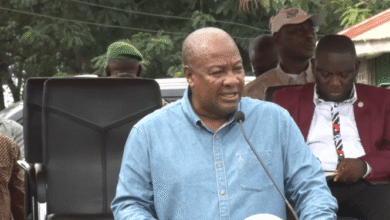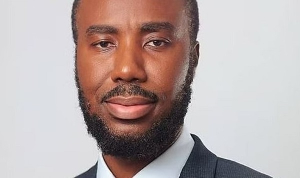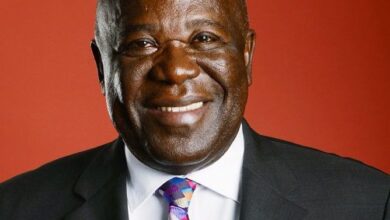New fuel levy poorly timed – Chamber of Commerce boss

The Chief Executive Officer of the Ghana National Chamber of Commerce and Industry (GNCCI), Mark Badu-Aboagye, has joined the growing chorus of concern over the recently approved GH¢1 per litre levy on petroleum products, warning that the move could erode fragile gains in consumer confidence and economic stability.
Speaking on the sidelines of the launch of the 5th Chamber Business Awards, Badu-Aboagye admitted the purpose behind the levy was understandable, particularly given Ghana’s staggering energy sector debt. However, he argued that the timing and rate of the increase were deeply problematic.
“The intended purpose of the levy is very relevant in supporting the energy sector and addressing its mounting debt. However, I take issue with both the timing and the rate of the increase. The rate of about 8% of the current price per litre is quite high,” he said.
According to him, Ghanaians had only just begun to feel some relief at the pump due to recent drops in fuel prices. Adding another cost layer so soon, he said, would be unfair to already burdened consumers.
“We’ve only recently started enjoying some relief from lower fuel prices, just about a month ago. Considering the financial strain consumers have faced, there should have been a grace period before any additional burden was introduced,” Badu-Aboagye stressed.
The GNCCI boss also touched on the need for deeper collaboration between the government and the private sector in crafting policies that impact production and trade.
“The private sector is eager and prepared to collaborate with the government to boost production, reduce imports, and expand exports. For this to be effective, there must be deeper engagement, shared goals, and a strong mutual commitment between policymakers and the business community.”
Badu-Aboagye’s comments come days after Parliament approved an amendment to the Energy Sector Levies Act, introducing the controversial levy under a certificate of urgency. While the government insists the additional revenue—projected at GH¢5.7 billion annually—will help pay down legacy debts and ensure stable power supply, business leaders like Badu-Aboagye are urging a more measured approach.




